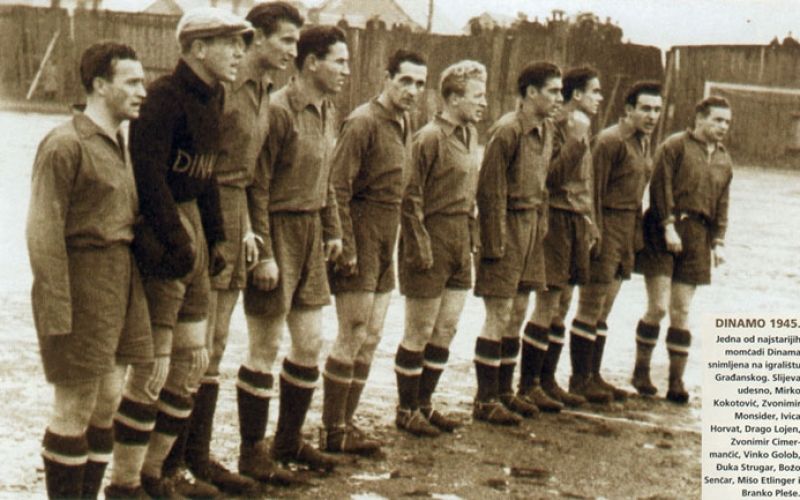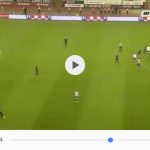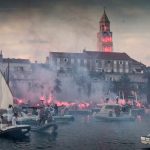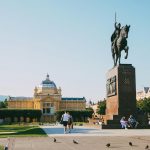The rich history of the Dinamo and Hajduk derby began long ago, and precisely on April 1, 1946, shortly after the Zagreb club was established.
Less than one year after Dinamo Zagreb officially established themselves as a football club on June 23, 1945, Dinamo and Hajduk met for the first ever ‘Eternal Derby’ on April 1, 1946. Many players of the former Građanska club went on to play for Dinamo, who, in their first few months as a club, ripped through every game in front of them. In the fall of 1945, they conquered qualifications and achieved 13 wins in 14 games, reports 24 Sata on April 1, 2018.
The news of Dinamo spread rapidly throughout the former Yugoslavia, and, as expected, made its way down to Split. Hajduk’s administrative member at the time, Dr. Šime Poduje, arrived in Zagreb to arrange for the derby between Dinamo and Split, which would be played at Split’s Stari Plac stadium. Both sides agreed on the game without hesitation, although the transportation for the Dinamo club was questionable. Trains were not operating at the time because the tracks were being rebuilt, leaving travel by bus as the only option. The only other problem? The two clubs needed to find a bus equipped with the right tires for a drive this long. In the end, a bus was borrowed from ZET.
Before Dinamo’s journey, however, they had to gather a team that would be able to travel to Split. At the time, some of the players were in the army and begged for the match to be postponed, but Dr. Poduje was not willing to strike a deal, forcing coach Márton Bukovi to form a composition of whatever available players he had. The coach asked the team to convene at the power plant at midnight to begin their travels, but half of the team did not arrive until 2 am!

Dinamo Povijest
Split had already announced the arrival of the Zagreb team with enormous posters around the town, and they even named the selection of players – the delay of the match was nowhere near being considered. Dinamo, therefore, had to pick up the players who were still asleep to make the journey down to the Dalmatian capital.
One of them, Dragutin Drvodelić, had left for Split earlier than the rest of the team. The story surrounding Drvodelić at the time was that he hid under the bed so he did not have to travel with the team. Apparently, he was afraid of the Ustashas and the Chetniks in Lika and Dalmatia! Dinamo’s team was scrambled, and apart from the younger players called up to the squad, there was even handball player Marijan Marold and veteran Zvonimir Stanković.
After a long journey and bumpy journey, Dinamo somehow made it to Split where they were welcomed with a great crowd. The team slept in private homes and ate at the House of the Navy.
In the end, Hajduk was the winner of the first derby after a 2-0 victory at Start Plac. Unlike today, this result was not so important. After the game, the players of both teams joined each other at a banquet where the famous words were spoken:
“Let Zagreb and Split be the leaders of good, high quality and top football in the country again!”
Hajduk was the champion team in Croatia that year, and Frano Matošić was the highest scorer with 14 goals. The champion of the former state was Partizan from Belgrade.









